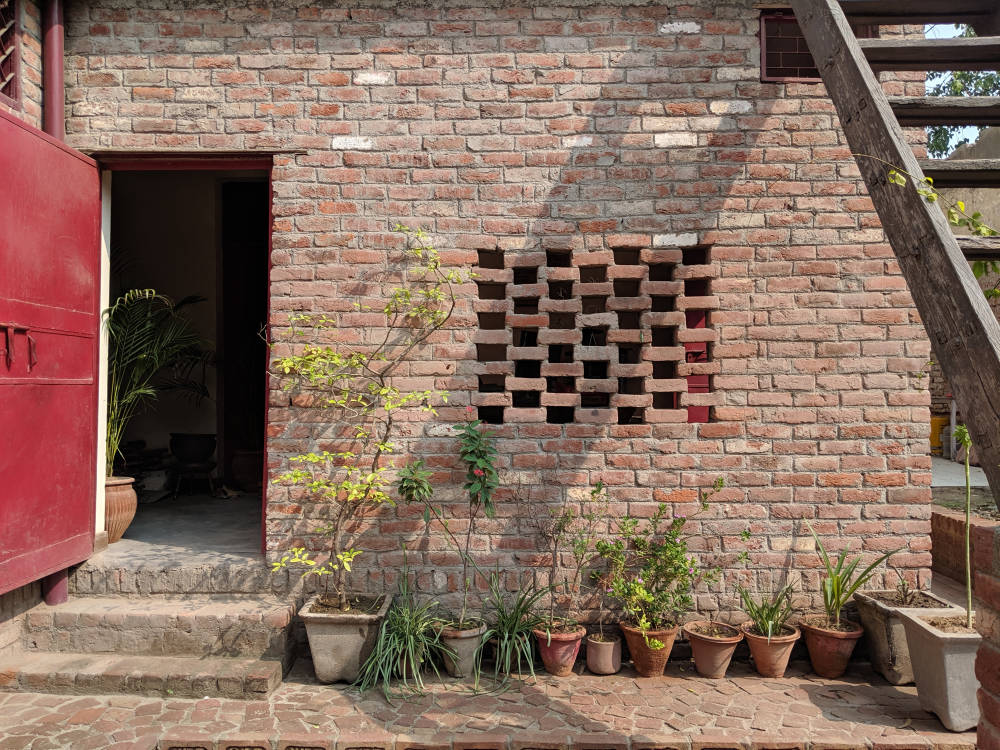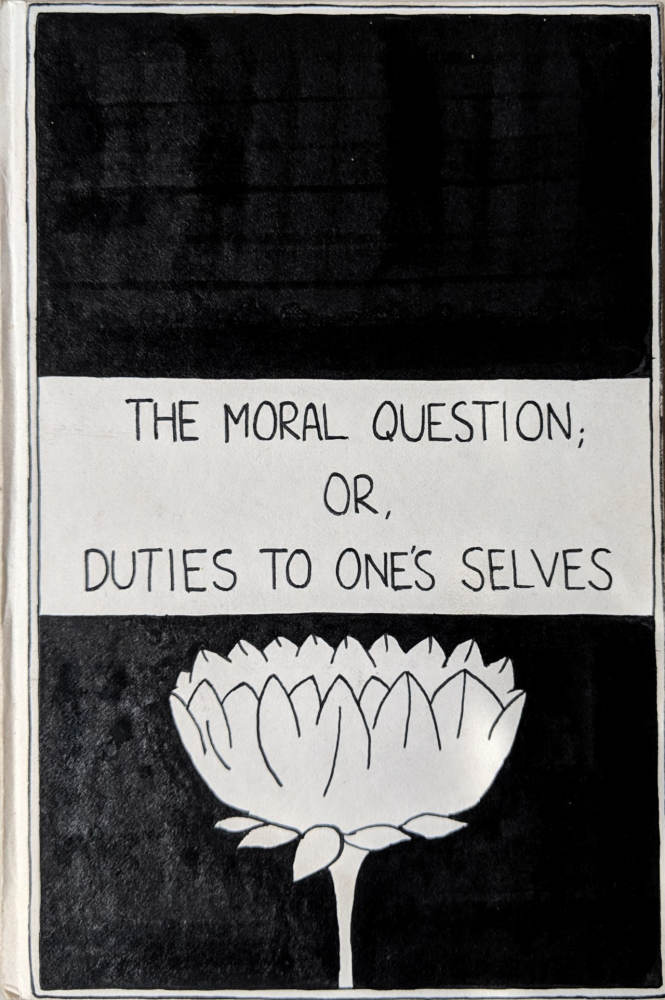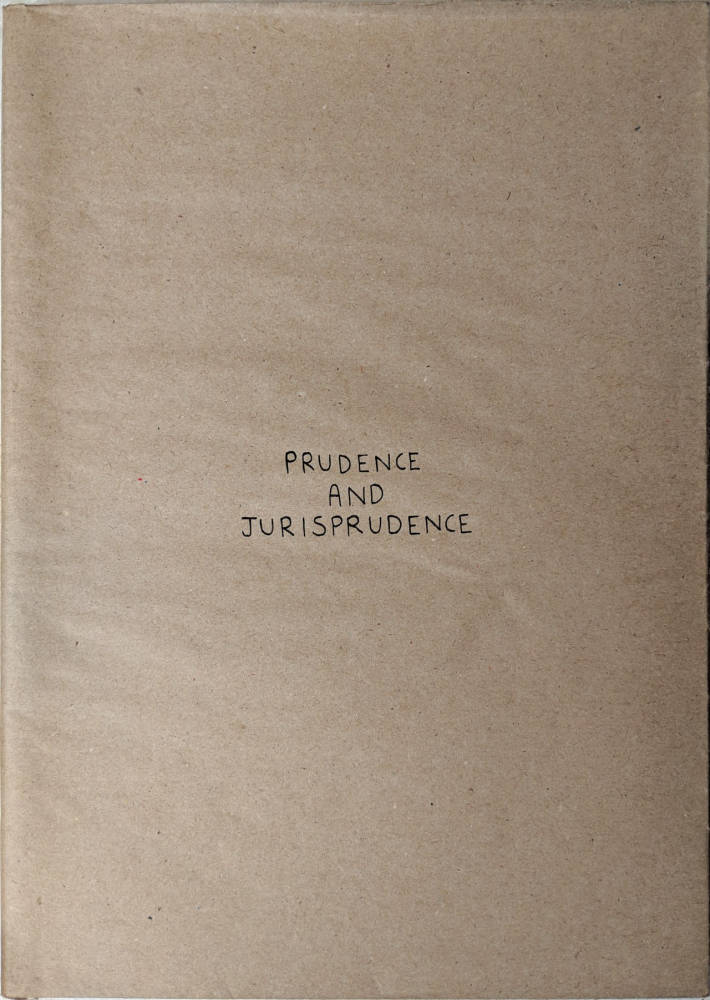

I was, I believe, in the final year of my studies at the Indian Institute of Technology at Ruṙkī, when first I read of Ruskin. I had quite abandoned nuclear physics by then, for the philosophy of Ludwig Wittgenstein, and by way of whom, for that of Lev Tolstoy- so much so that my first ever proper trip abroad was to become to Russia soon after, to Yasnaya Polyana, the birthplace of the latter. Through Tolstoy, I was introduced — or rather reintroduced — to Mahātmā Gāndhī, ‘who’ himself is why I continue to stay put in this my homeland, I believe, to this day- and through whom himself, I was led finally to John Ruskin, not first to his writings on painting, or botany, or geology, but economics.
Having rather decided against the sciences, I pursued the life of a painter for a year after graduating. I had never already been able to find an economics agreeable to me — or indeed at all possible for me — but had naïvely thought then the arts to hold what answers I’d been looking for as regarded the matter. I applied to Central Saint Martins of the University of the Arts in London, and got accepted. I should now in fact have been living in England itself, I expect, still, had I not read Ruskin’s Unto This Last before I left; for not at all surprisingly, I found myself to’ve become sick of whatever I was seeing there — or being shown rather. Relegating — no, enshrining — painting to its proper application- to that of personal enjoyment and education first of all, I began reading the Romantic poets instead, Keats in particular, spending many a weekend at the heath at Hampstead and trying to write similar Romantic poetry as well — perhaps much too similar for the university; for what with one thing and another, I’d soon made up my mind to withdraw from the course. Sufficiently had I read, and reflected upon, by then, to have considered my continuing to remain in the United Kingdom at the time not quite appropriate. I had been writing an epic, I should add, for the majority of that year, in reaction, I suppose, in iambic pentameter, on the very issue of visa restrictions, amongst others. I perhaps did not at all learn much of what I’d been there for. I learnt much indeed of my own self, however, and much of what I could, and should, have been doing in the future.
I decided to visit Yasnaya Polyana once again, before returning to India, and spent what I still believe to be the healthiest few weeks of my life, splitting logs for lumber. It was there, at the estate library, with help from the only other speaker of English I could find besides a friend in the administration, that I chanced upon a monograph, Ruskin and Tolstoy, written by a Dr Stuart Eagles of a Guild of St George; I have since when become a Companion myself of the Guild, a very dear friend of Dr Eagles, and proprietor, as was Gāndhī of his Tolstoy Farm in South Africa, of the John Ruskin Manufactory here in New Delhi.




Left: The John Ruskin Manufactory. Right three: Covers of Jain’s Two Books and a Pamphlet. [Click on images to enlarge them.]
Having written, and had printed under the banner of said manufactory, that first book on visa restrictions, entitled Prudence and Jurisprudence; a second, The Moral Question, ‘by way of attempting to arrive at solutions to the problems of old age and domestic felicity, a clarification of one’s relations to, or the scope of one’s duties towards, those most pressingly resembling aspects of one’s world, namely one’s family and one’s nation’; and a third recent pamphlet, on The Necessity of a National Language, which defines the nation of Hindustān, includes remarks upon the same by Mahātmā Gāndhī and John Ruskin. Originally entitled Zabāṃ-e-Hindustān, this pamphlet was translated especially into English for the author’s foreign friends.
I have as yet written three works that have been printed in the name of the Manufactory: the first, Prudence and Jurisprudence, on the subject of visa restrictions, the second, The Moral Question, discussing the scope of one’s duties towards one's family and one's nation, and the third, a pamphlet, The Necessity of a National Language, which attempts to define the nation of Hindustān, including remarks upon the same by Mahātmā Gāndhī and John Ruskin. At present, I find myself working on three main projects: the promotion of the Hindī language as lingua franca of India, the construction of the manufactory’s premises on the basis of readings of Ruskin’s Seven Lamps, and a study of the very many kinds of trees of Delhi.
I have tried to relate above how I first discovered Ruskin, and how which discovering has continued to date; if truth be told however — the entire truth — and were I to allow myself to trace the chain of coincidences even farther back, having led me to this very word that I write right now, I have no doubt at all that that ‘first’ discovery, will indeed be found to have to be placed upon the day I was born.
Last modified 4 August 2019